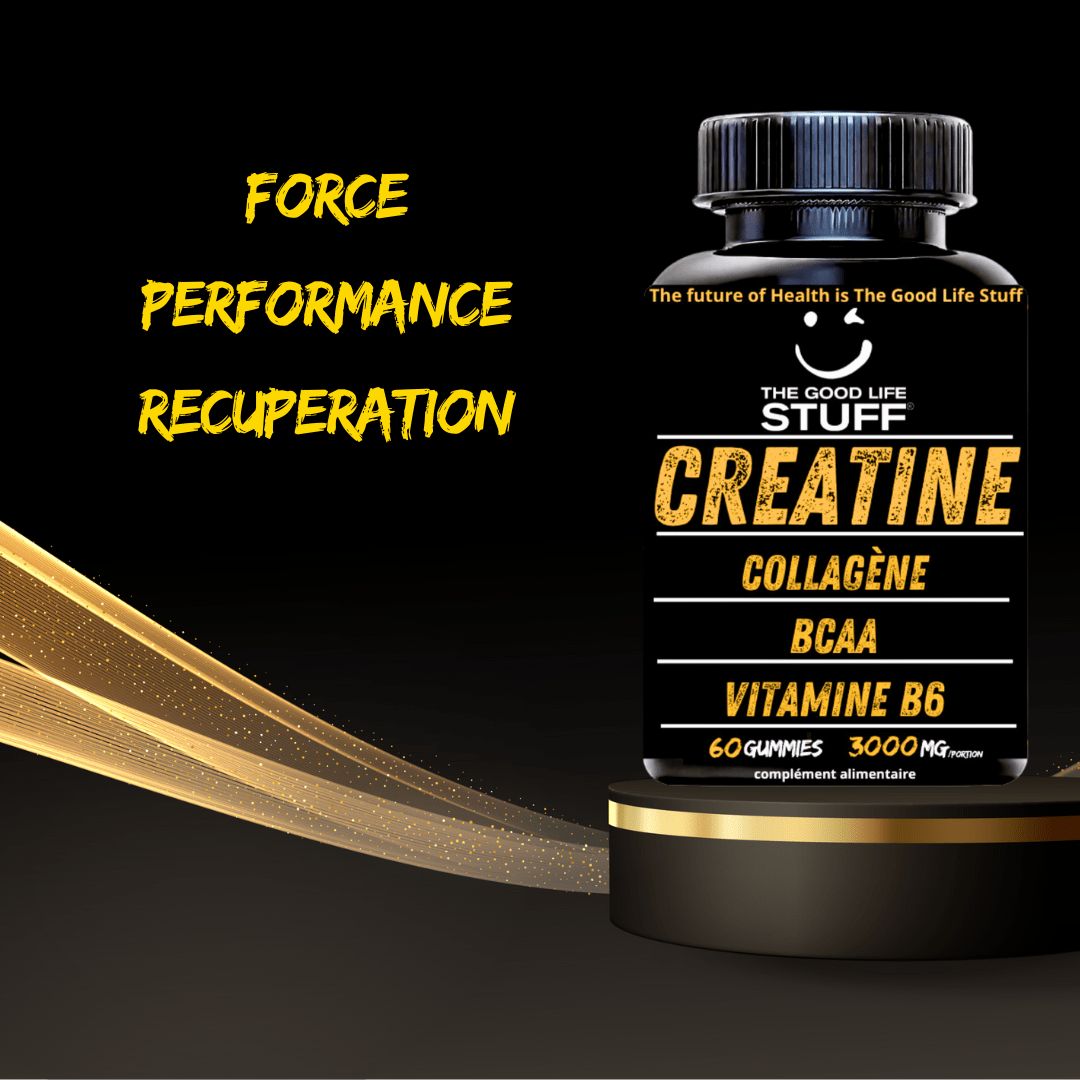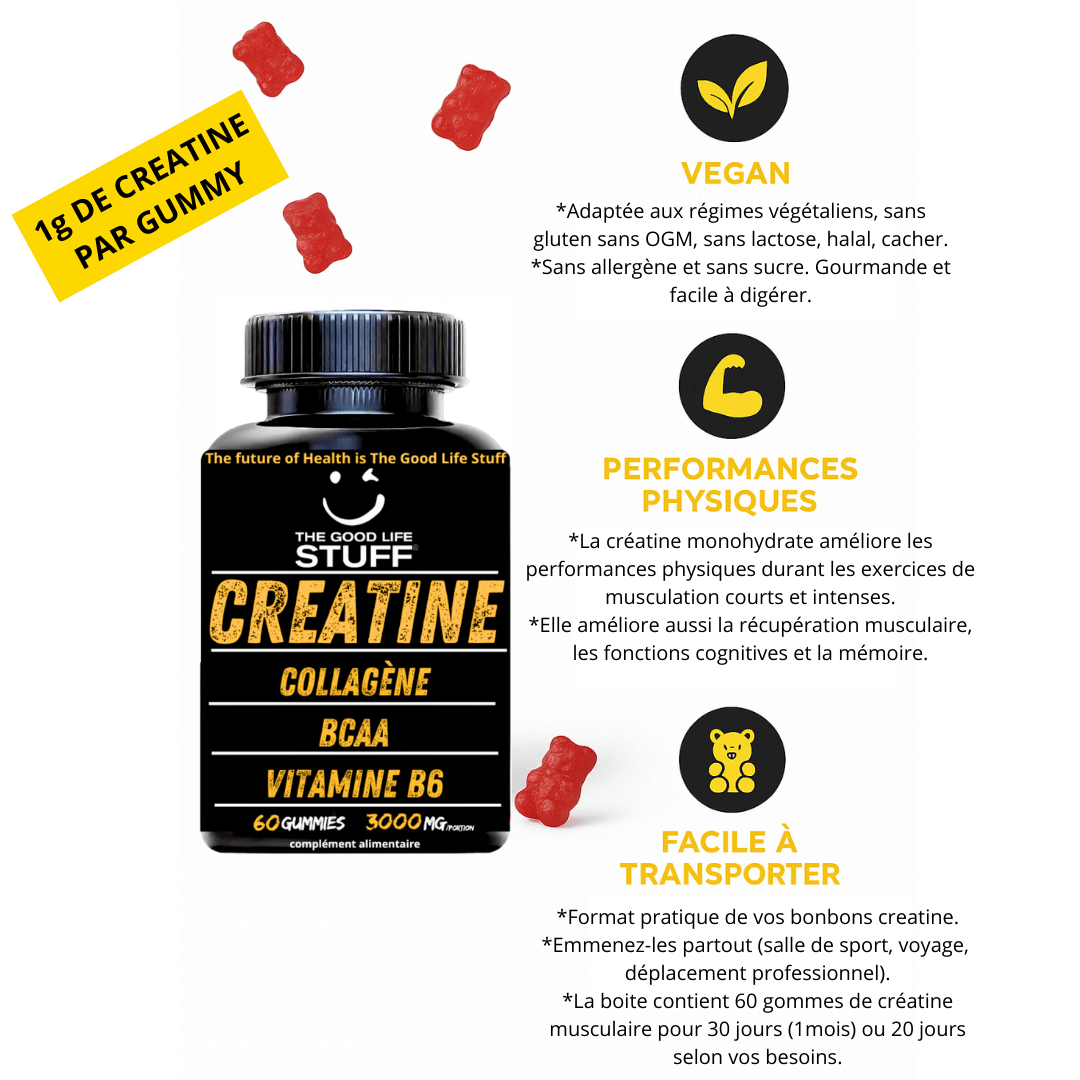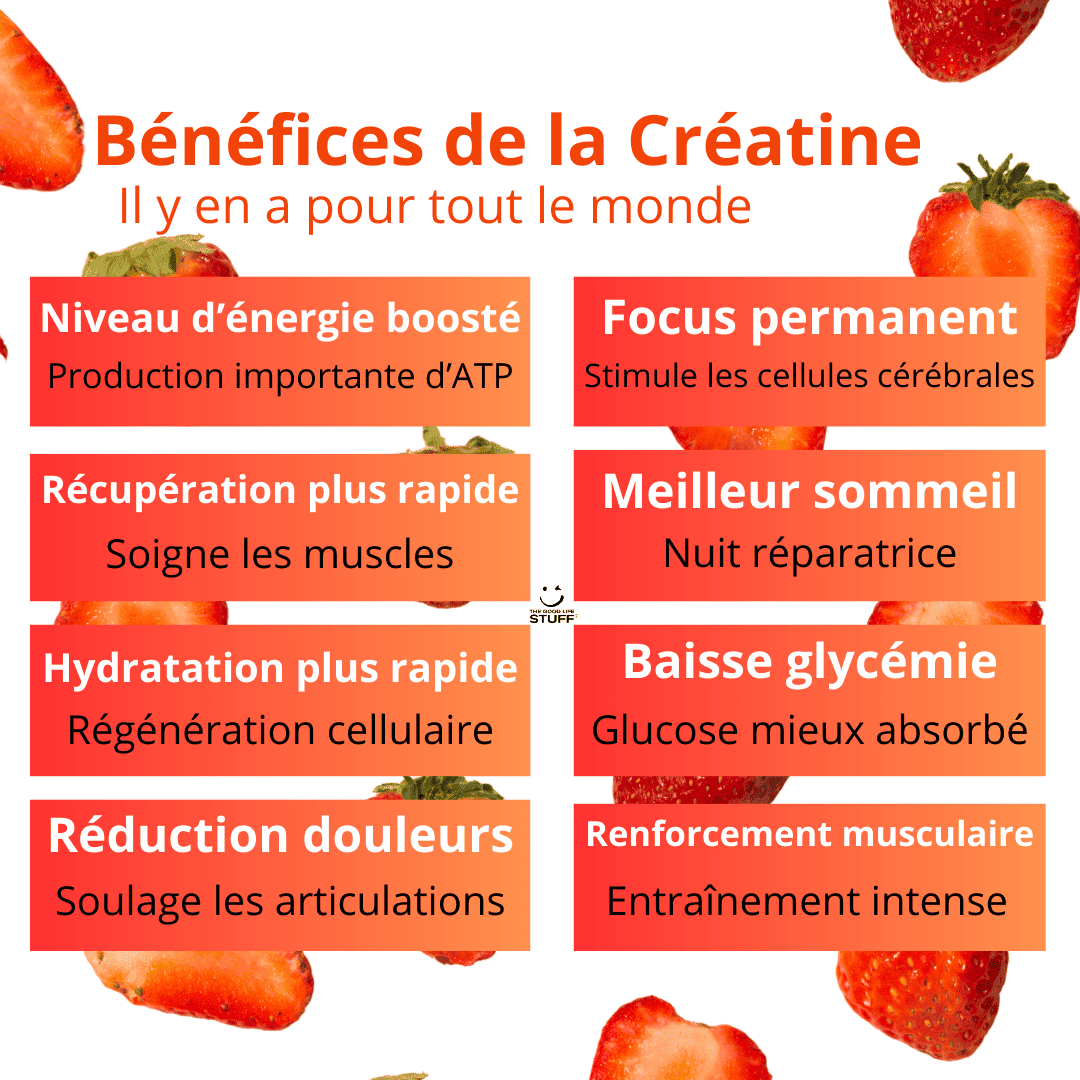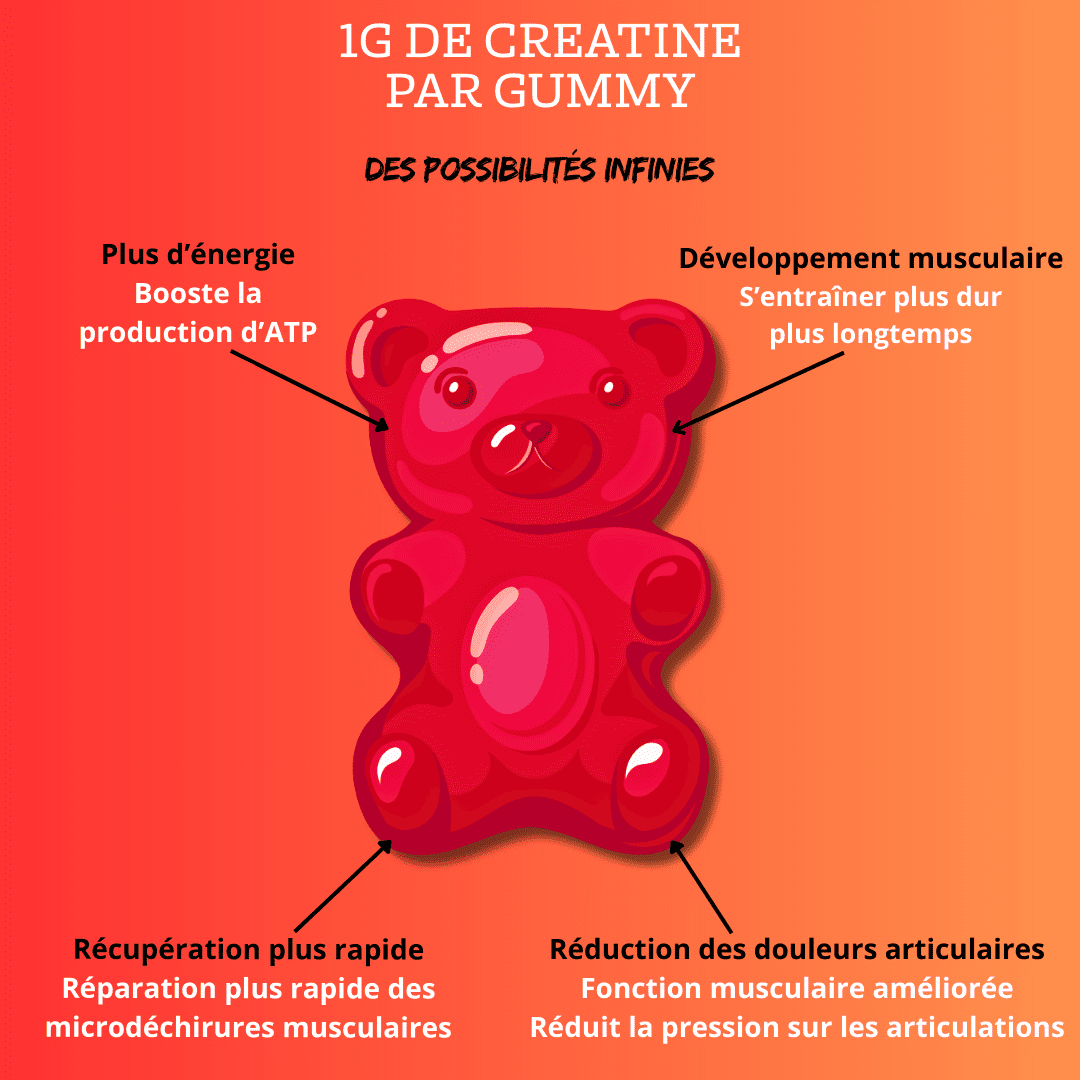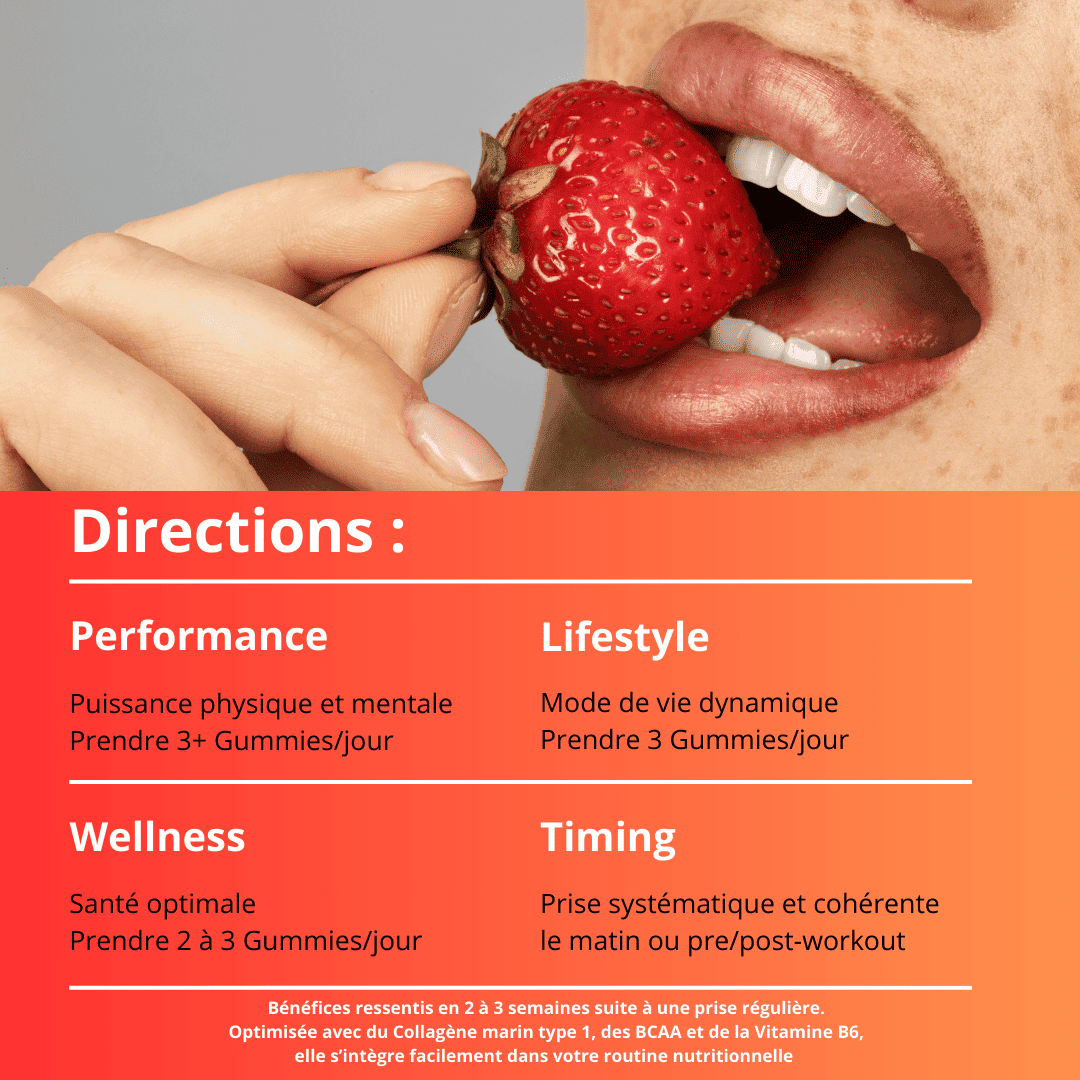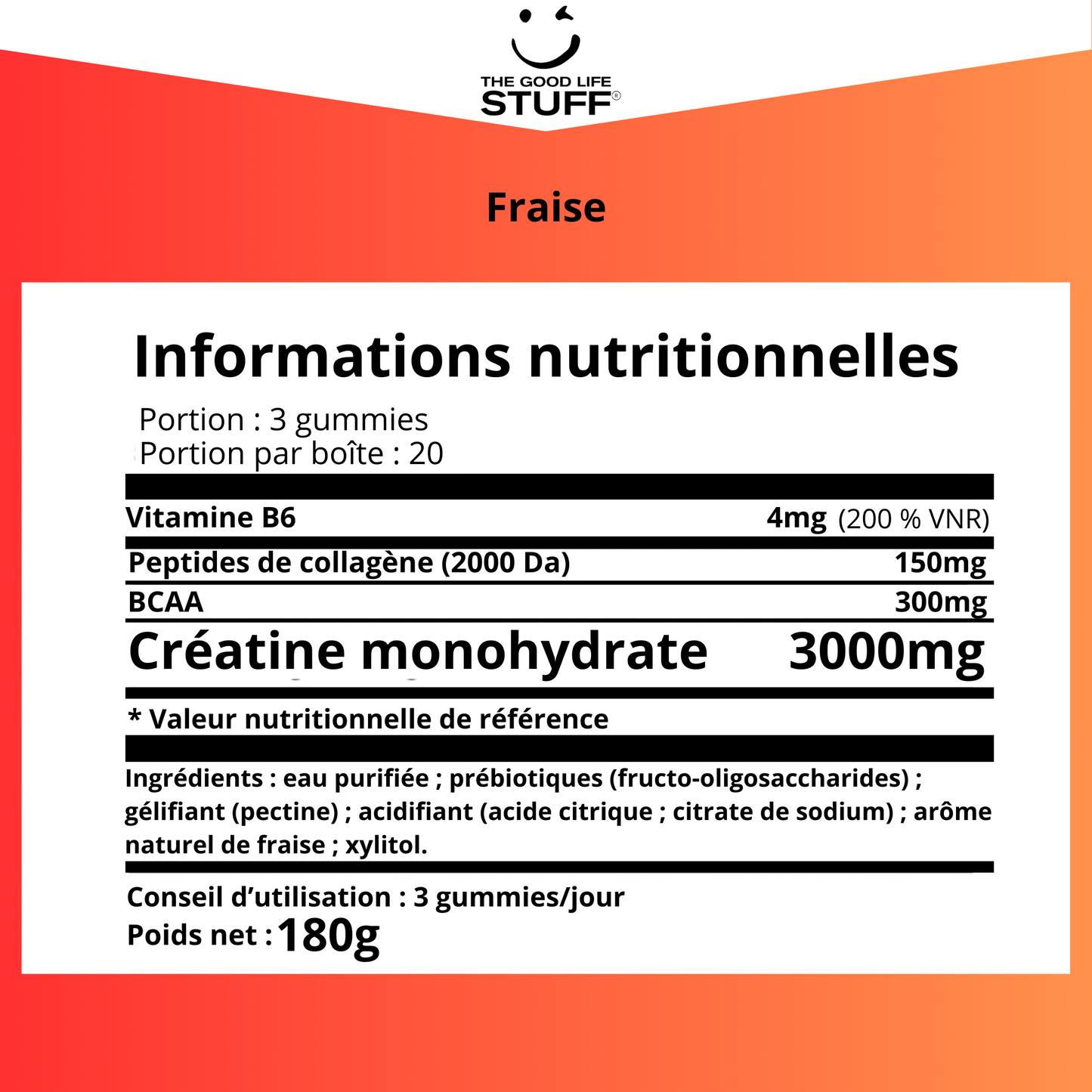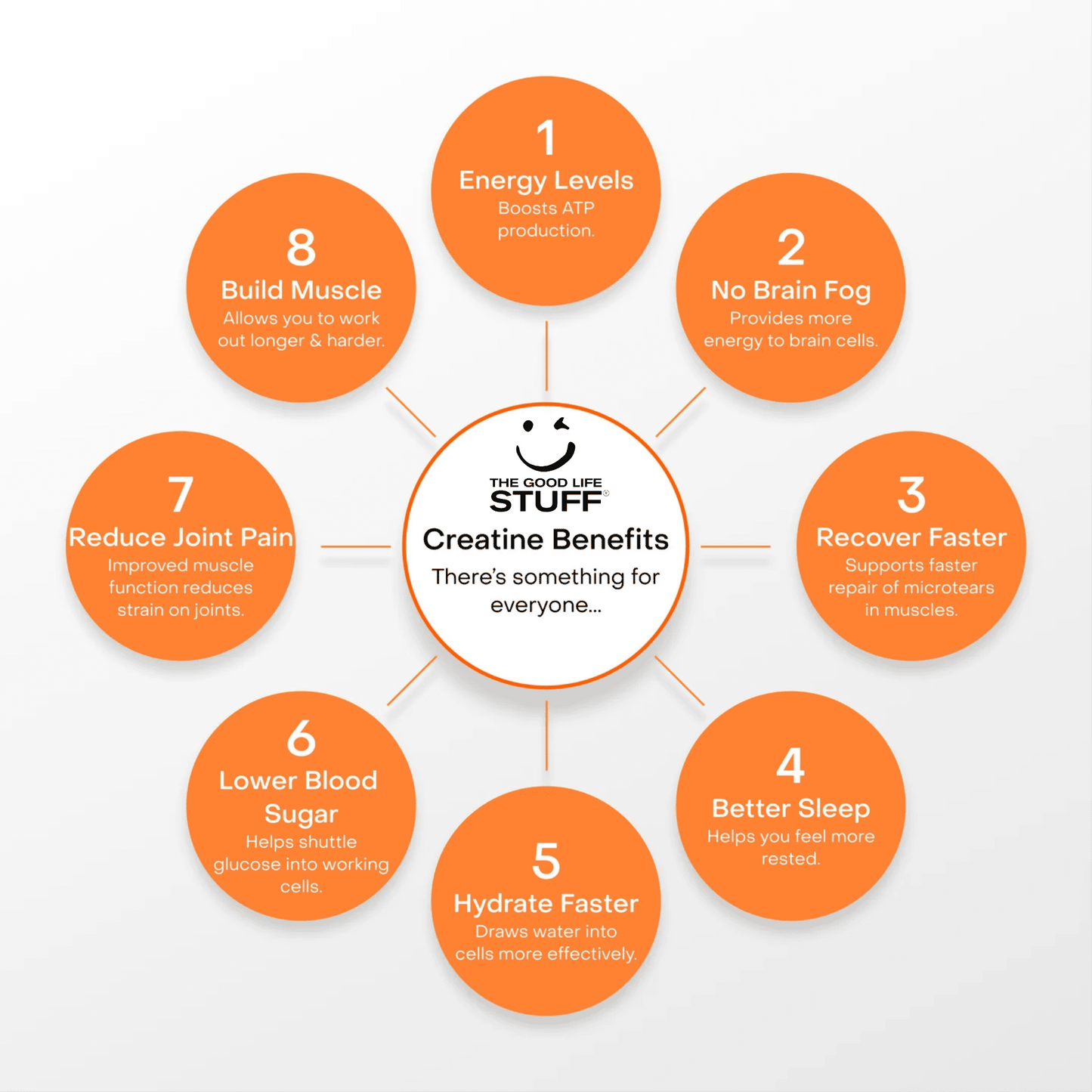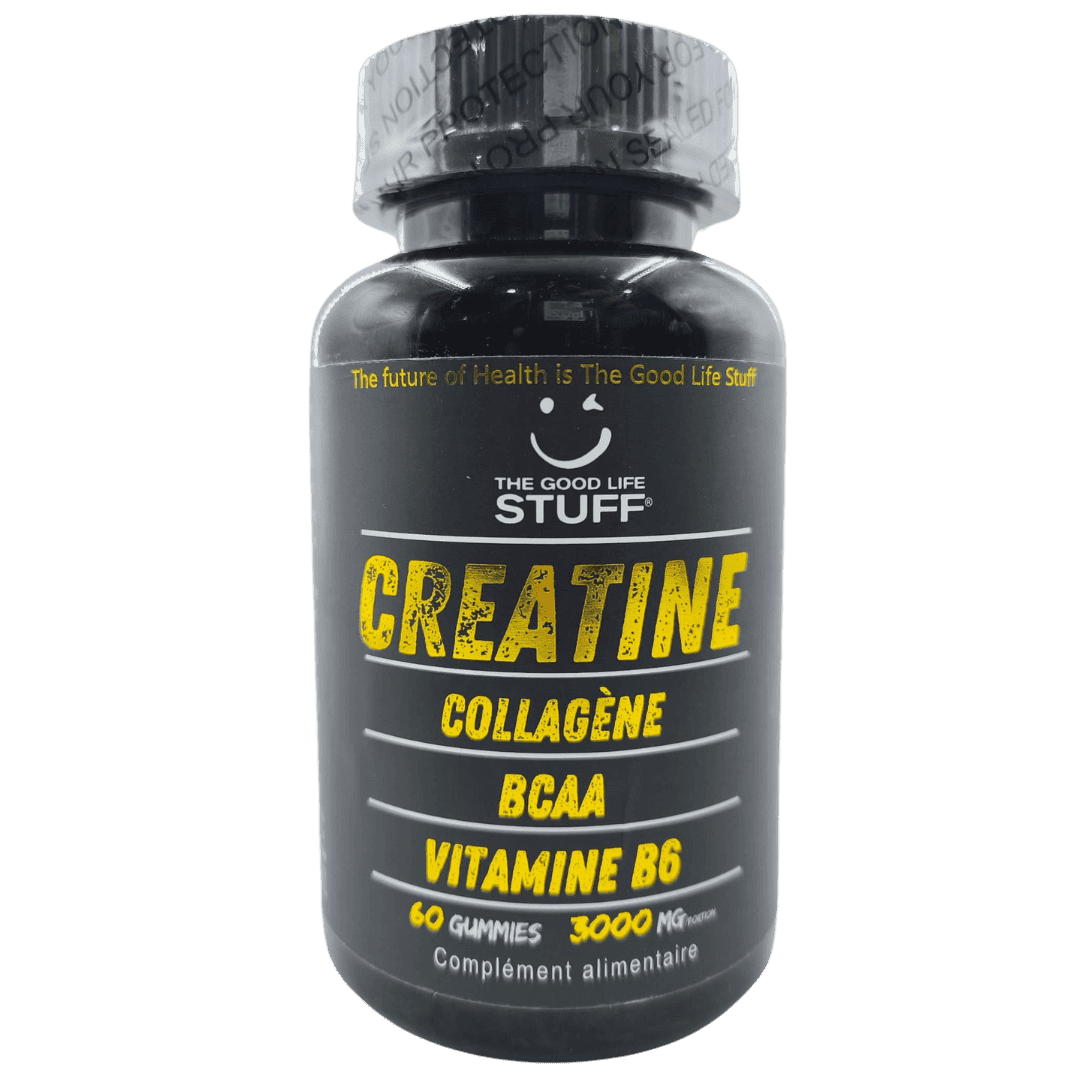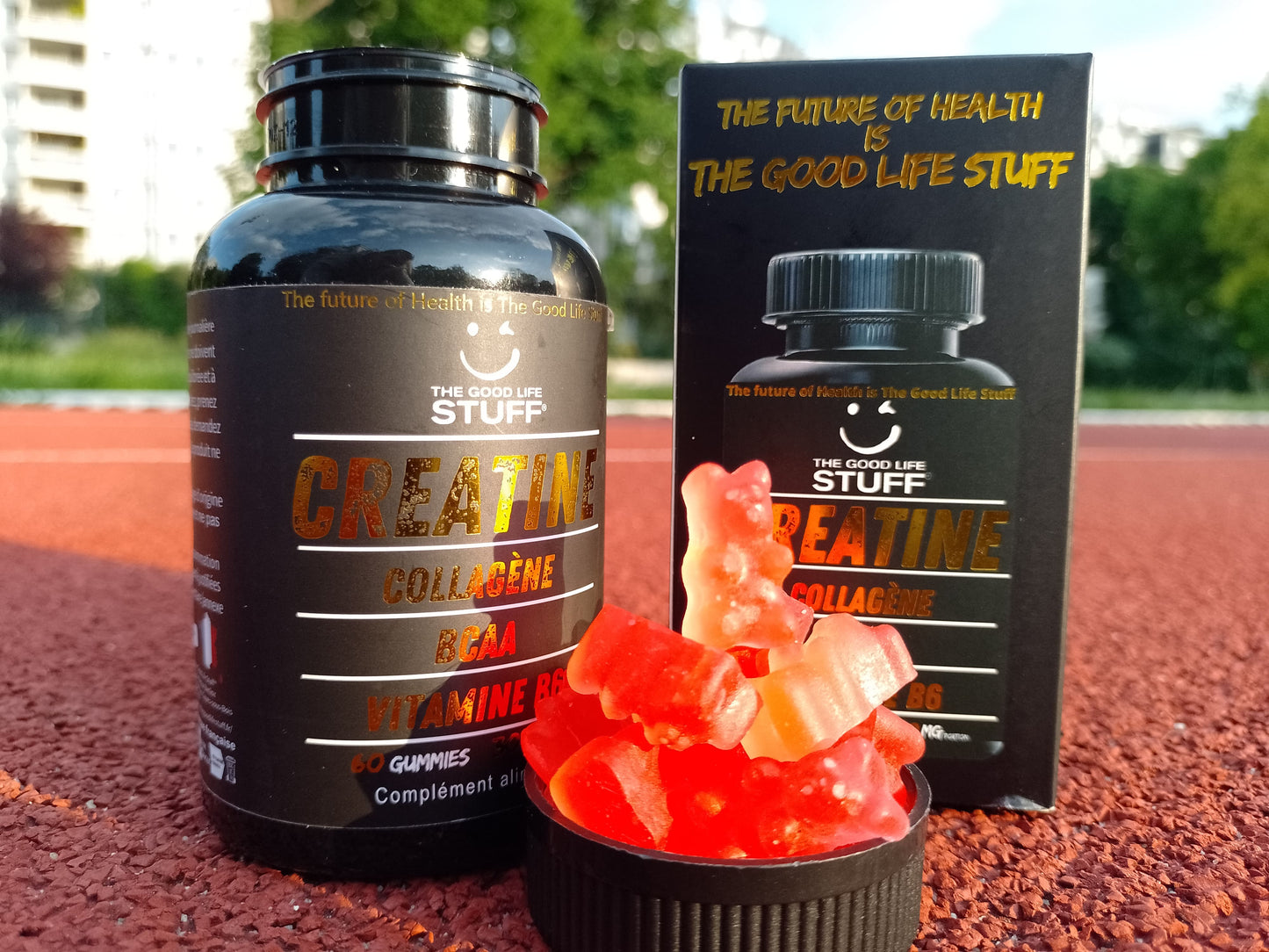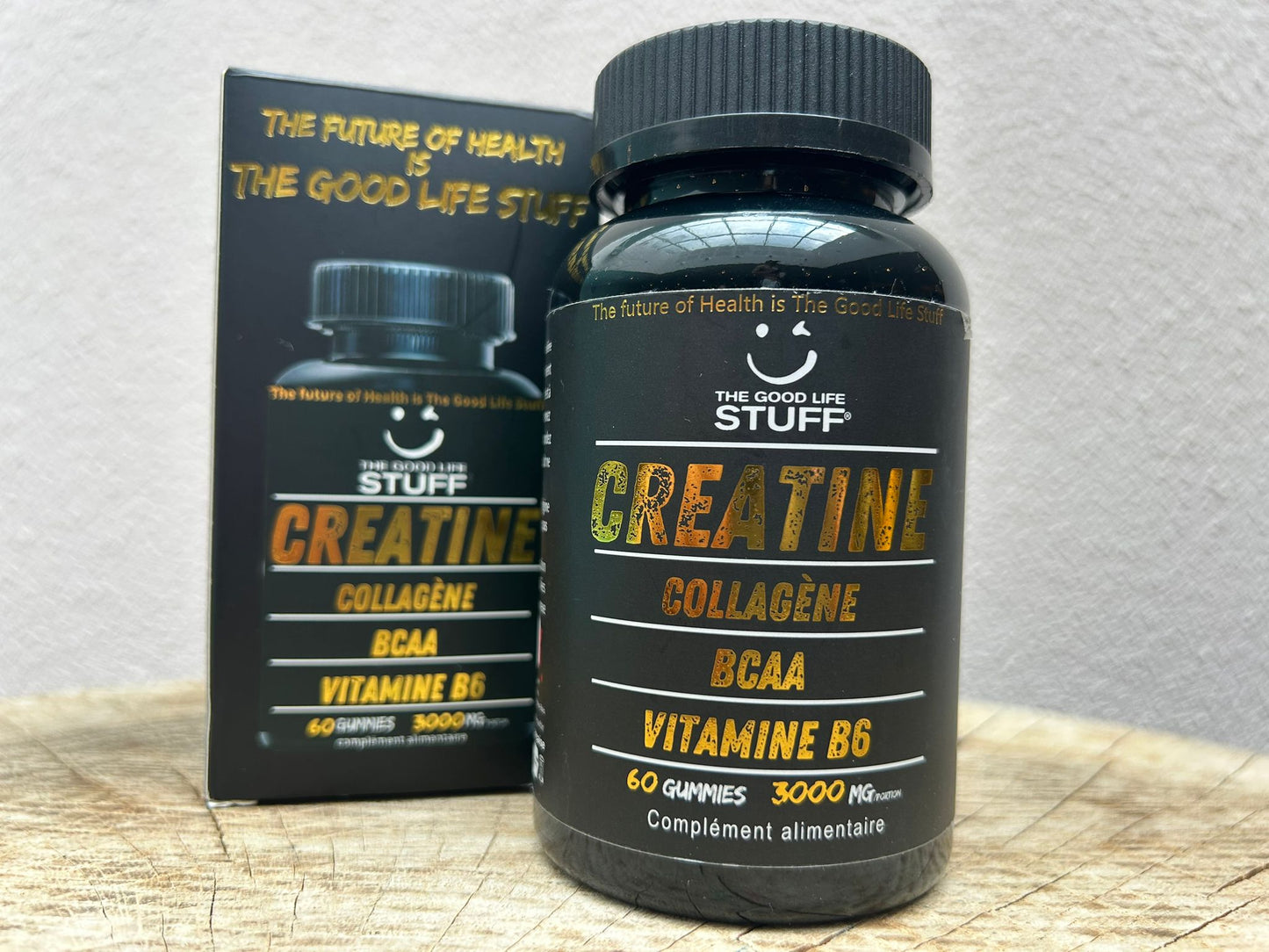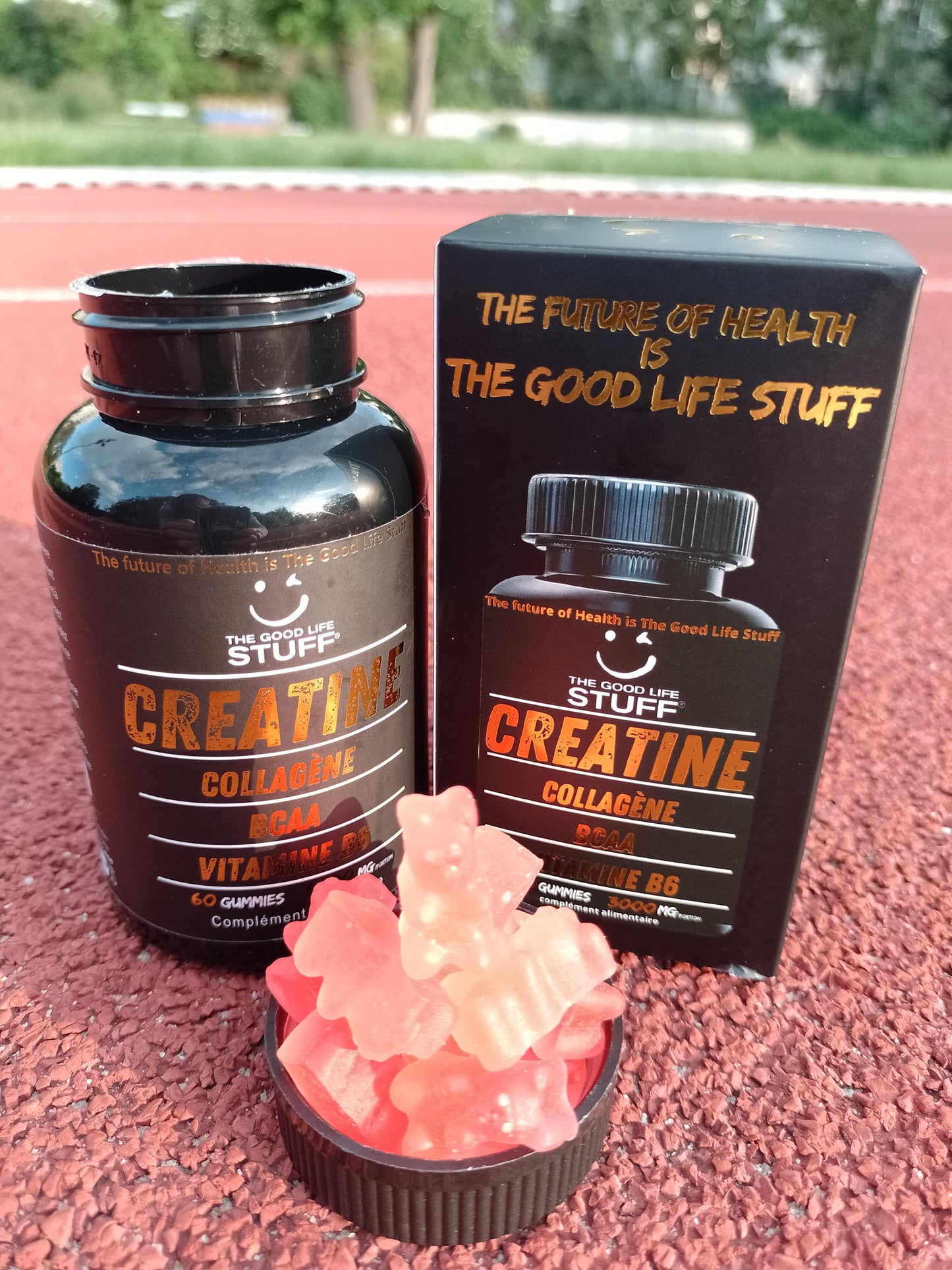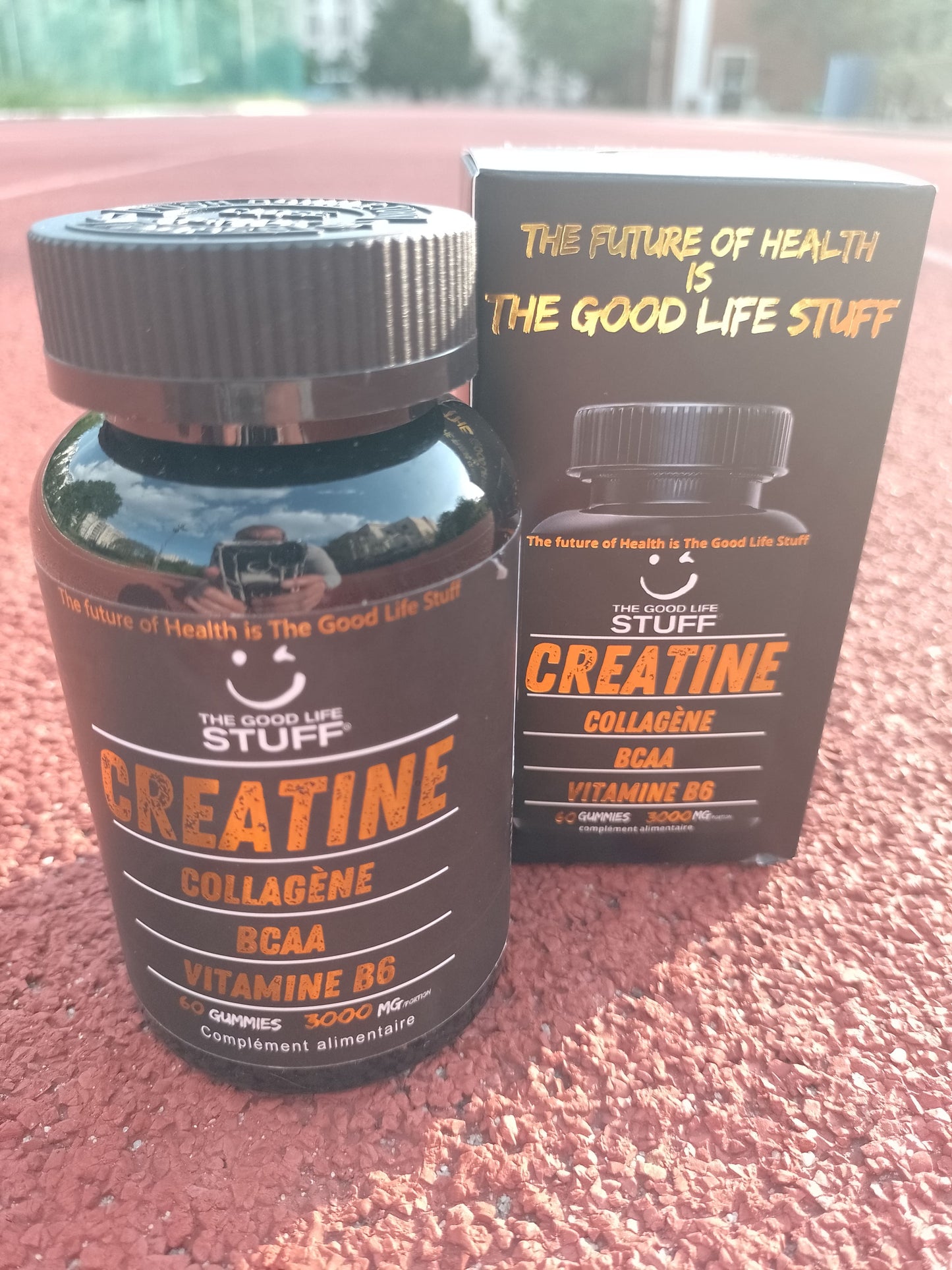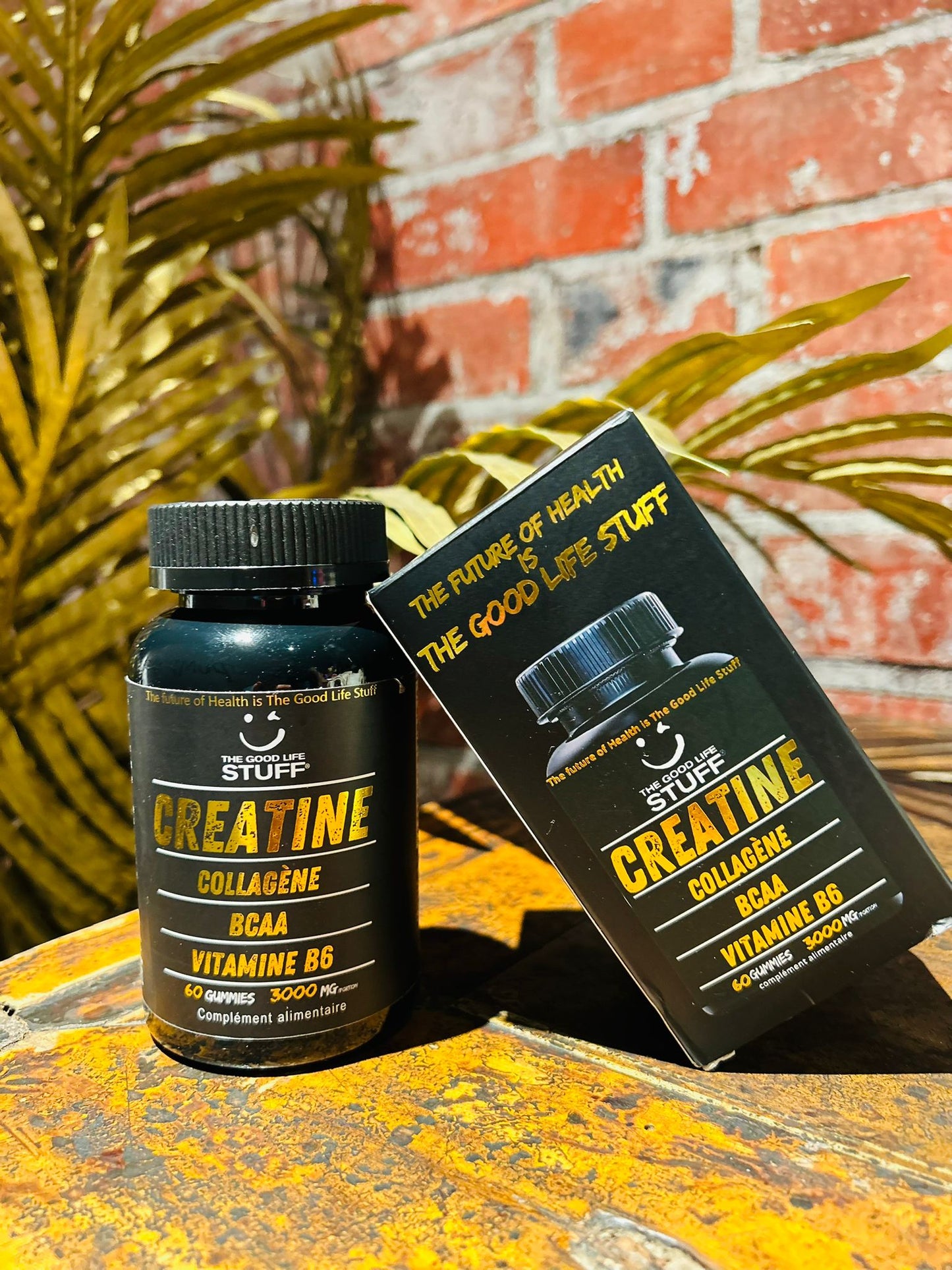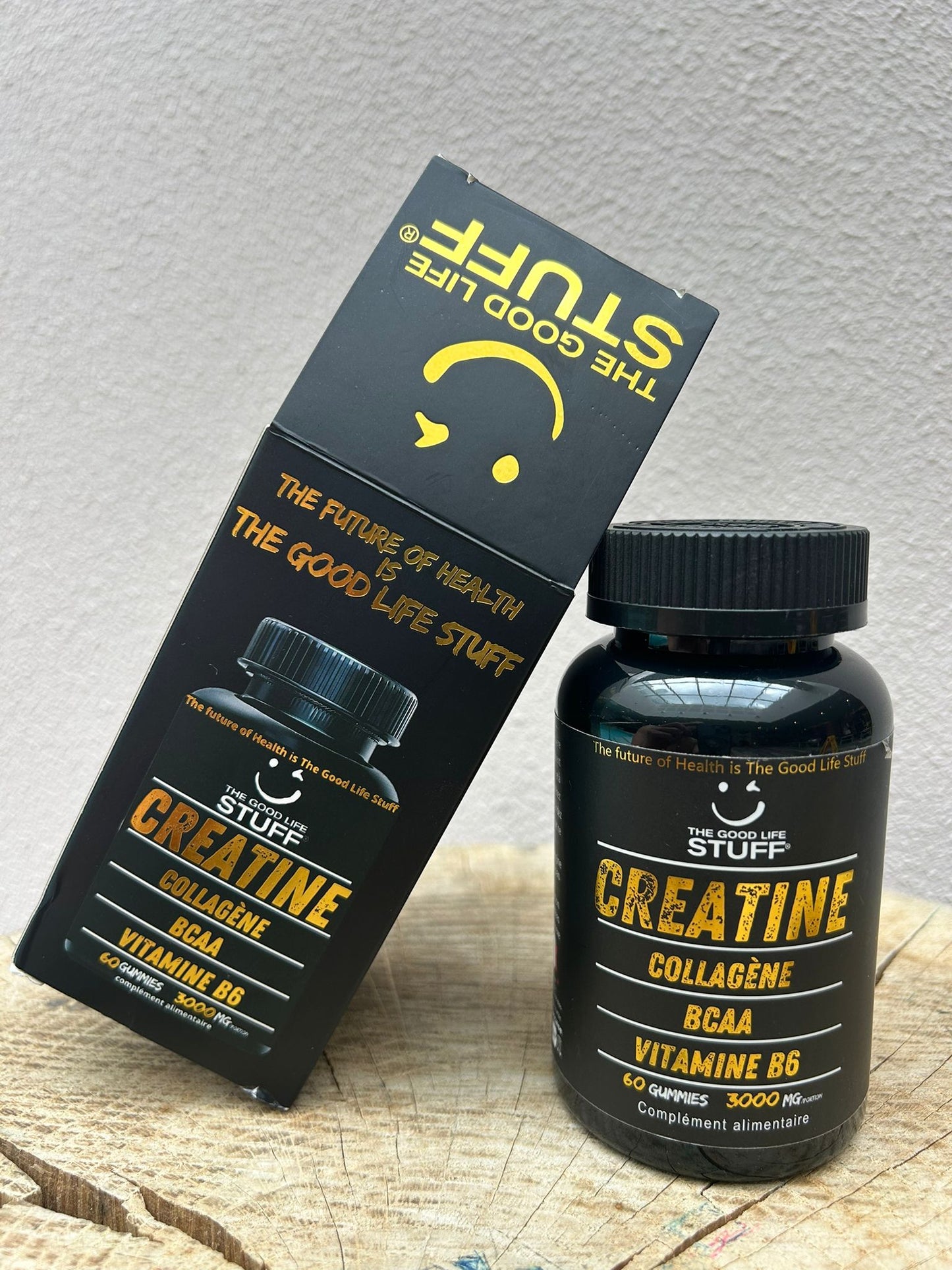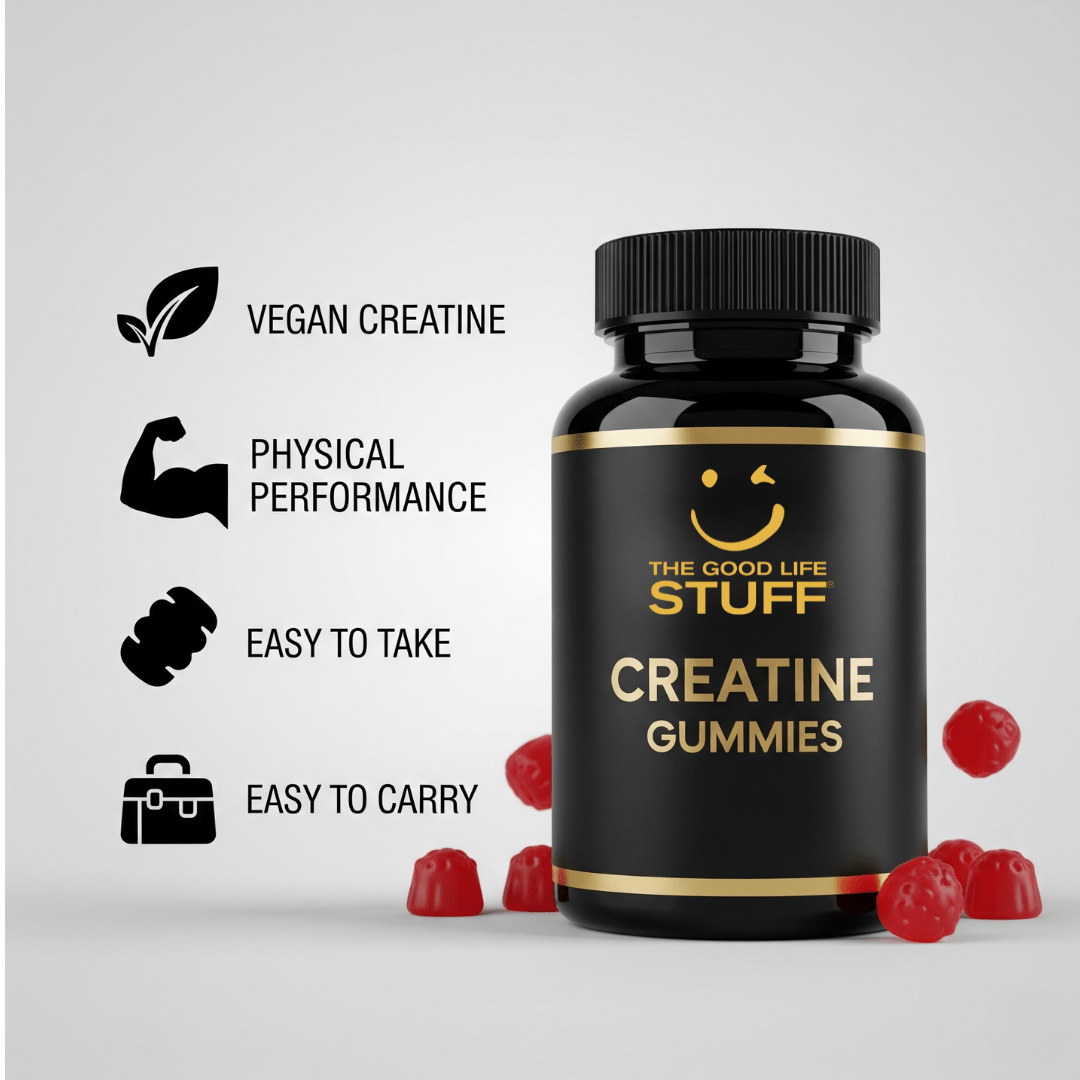World Food Day, celebrated on October 16th each year, serves as a reminder of the critical importance of food in our lives. This year, on World Food Day 2023, let's hustle for "Building a Healthier Future, One Step at a Time" by focusing on nutrition, sustainability, and innovative approaches to nourishing our growing global population.
Let's take small steps each day and develop healthy habits around food this World Food Day. Sharing a few everyday practices to get you started. Read on to know more.
This World Food Day 2023, let's create awareness for healthy food practices. By building healthy food practices, we can inspire a healthier future for ourselves and our communities. This World Food Day, let's gradually start building healthy habits around Food using the following practices.
Make Breakfast a Mandatory Meal
Making breakfast a mandatory meal is key to a productive day. It kick-starts metabolism, enhances focus, and regulates energy levels. Skipping breakfast can lead to unhealthy cravings and reduced performance. Prioritizing this morning ritual ensures a healthier and more energetic start to each day.
World Food Day: Practice Mindful Eating
Mindful eating is a practice that encourages awareness of every bite. By savoring flavors, appreciating textures, and listening to hunger cues, we can foster a healthier relationship with food. It aids in weight management and cultivates a deeper connection to our bodies and what we consume.
Cut Down on Sugar
Reducing sugar intake is a crucial step toward better health. Excessive sugar consumption is linked to obesity, diabetes, and heart disease. By choosing natural sweeteners, reading labels, and opting for whole foods, we can lower the risk of these health issues and enjoy a sweeter, more balanced life.
Include More Fiber
Incorporating fiber into your diet is a smart move for improved well-being. High-fiber foods like fruits, vegetables, and whole grains aid digestion, regulate blood sugar, and reduce the risk of chronic diseases. They keep you feeling full longer, helping with weight management and promoting a healthier, happier you. If your regular dietary intake is lacking fiber, you may add a fiber supplement to complement your diet.
Eat More Fresh Produce
Embracing fresh produce is a recipe for good health. Fruits and vegetables are packed with vitamins, minerals, and antioxidants, supporting a robust immune system and vibrant well-being. They offer a rainbow of flavors and textures while reducing the risk of chronic diseases, making them an essential part of a nutritious diet.
Prioritize Hydration
Are you drinking enough? Hydration is the cornerstone of well-being. It's vital for every bodily function, from cognition to digestion. Drinking adequate water maintains skin health, supports metabolism, and aids in detoxification. Prioritizing hydration ensures peak physical and mental performance while safeguarding overall health, making it a non-negotiable element of self-care.
Limit Packaged Foods
We know it can be hard to resist the temptation of packaged foods, as they are everywhere and quite tasty and addictive. But, in order to build a healthy future, it's imperative we limit their consumption. They often contain excessive salt, sugar, and unhealthy fats. Consuming them can lead to weight gain and chronic health issues. Opting for fresh, whole foods is a wiser approach, promoting a balanced diet and a lower risk of nutrition-related problems.
Read Food Labels Before Consuming
Reading food labels is a smart habit for informed eating. Labels reveal crucial information about a product's ingredients, nutritional value, and potential allergens. This empowers consumers to make healthier choices, manage calorie intake, and avoid hidden additives. It's a simple yet powerful step toward a more conscious and nutritious diet.
Eat Healthy Oils
Contrary to popular belief, not all oils are bad for your health. Opt for heart-healthy options like olive oil, avocado oil, and canola oil, which are rich in beneficial fats. These oils lower the risk of heart disease and support good cholesterol levels. By incorporating them into your diet, you can nourish your body with essential nutrients while promoting longevity.
Ensure Protein Intake in Each Meal
Including protein in every meal is key for balanced nutrition. It supports muscle development, keeps you full, and aids in weight management. Proteins repair and maintain body tissues, boost metabolism and regulate hunger. Recent research has confirmed that plant protein benefits are equivalent to animal protein.
So if you are a vegetarian or vegan, you can still reap the benefits of good protein with the right plant protein combination. If you are a vegan and find it difficult to meet your protein needs, there are vegan plant protein powders available in the market.
Include Superfoods
Incorporating superfoods into your diet is a nutritional power move. These nutrient-dense foods are packed with antioxidants, vitamins, and minerals. They enhance overall health, boost immunity, and reduce the risk of chronic diseases.
One such popular superfood experts swear by is green tea and ACV for health benefits. From healthy digestion to boosting metabolism, antioxidant boost to detoxing effects, these two liquids have many feathers in their kitty.
Take Supplements for Support
Supplement support can be beneficial for filling nutrient gaps in your diet. Natural supplements provide essential vitamins, minerals, and nutrients. They help address deficiencies, support overall well-being, and can be a valuable addition to a balanced diet, ensuring optimal health and vitality.
Whether you are falling short of iron or multiple vitamins. New age multivitamins are being designed for specific genders to give you maximum nutritional benefits with minimal to 0 side effects.
Water is life, water is food. Leave no one behind.
Water is essential to life on Earth. It covers the majority of the Earth's surface, makes up over 50% of our bodies, produces our food, and supports livelihoods.
But this precious resource is not infinite and we need to stop taking it for granted. What we eat, and how that food is produced all affect water.
Together, we can take water action for food and be the change.
Water as a livelihood
Water covers 71% of our planet’s surface. From oceans to lakes, rivers and estuaries, water bodies are home to flourishing ecosystems, hosting important habitats and a surprising wealth of biodiversity.
Over 600 million people depend on aquatic food systems for a living including small-scale fishers, fish farmers, fish processors, as well as their dependents. They are the backbone of coastal and inland communities, supporting local economies and influencing cultures worldwide.
Currently, we exploit almost 3 000 species in capture fisheries, and we cultivate over 650 of these species.
The diversity of aquatic food systems makes them a unique and essential source of nutrition and food security. Aquatic foods are increasingly recognized for their potential to combat malnutrition, due to rich essential nutrients such as omega-3 fatty acids, vitamins, and minerals that are vital for human health.
Preserving and safeguarding these aquatic ecosystems and the species they support is not just a responsibility, but a necessity for the well-being of our planet and its inhabitants.
It’s time to start managing water wisely
We need to produce more food and other essential agricultural commodities with less water, while ensuring water is distributed equally, our aquatic food systems are preserved, and nobody is left behind.
Governments need to design science and evidence-based policies that capitalize on data, innovation and cross-sectoral coordination to better plan and manage water.
They need to support these policies with increased investment, legislation, technologies and capacity development, while incentivizing farmers and the private sector to engage in integrated solutions for a more efficient use of water, and for its conservation.
Precious water
Water is essential to life on Earth. It makes up over 50% of our bodies and covers about 71% of the Earth's surface. Only 2.5% of water is fresh, suitable for drinking, agriculture, and most industrial uses. Water is a driving force for people, economies and nature and the foundation of our food. Indeed, agriculture accounts for 72% of global freshwater withdrawals, but like all natural resources, fresh water is not infinite.
Rapid population growth, urbanization, economic development, and climate change are putting the planet’s water resources under increasing stress. At the same time, freshwater resources per person have declined 20% in the past decades and water availability and quality are deteriorating fast due to decades of poor use and management, over extraction of groundwater, pollution and climate change. We risk stretching this precious resource to a point of no return.
Today, 2.4 billion people live in water-stressed countries. Many are smallholder farmers who already struggle to meet their daily needs, particularly women, Indigenous Peoples, migrants, and refugees. Competition for this priceless resource is increasing as water scarcity becomes an ever-increasing cause of conflict.
Around 600 million people who depend, at least partially, on aquatic food systems for a living are suffering the effects of pollution, ecosystem degradation, unsustainable practices and climate change.
Wrapping Up
Let's push for "Building a Healthier Future, One Step at a Time" this year on World Food Day 2023 by emphasizing nutrition, sustainability, and creative methods for feeding our expanding global population. During this World Food Day, let's make tiny daily progress toward creating good eating habits.
References
https://www.weforum.org/agenda/2022/10/world-food-day-what-is-it-why-do-we-need-it/
https://www.unwater.org/news/world-food-day-2023
https://www.nhs.uk/live-well/eat-well/how-to-eat-a-balanced-diet/eight-tips-for-healthy-eating/





